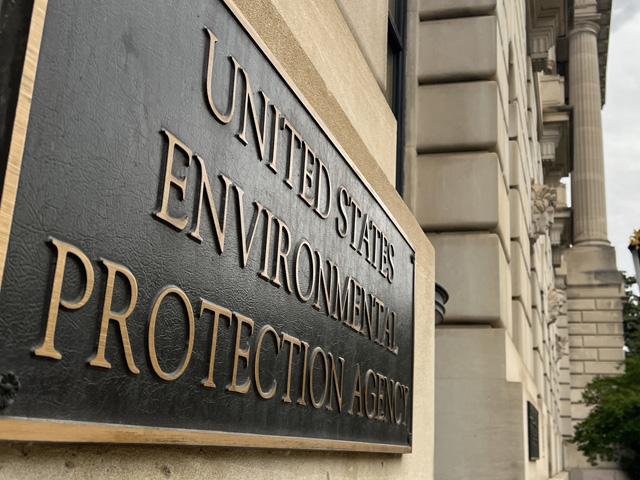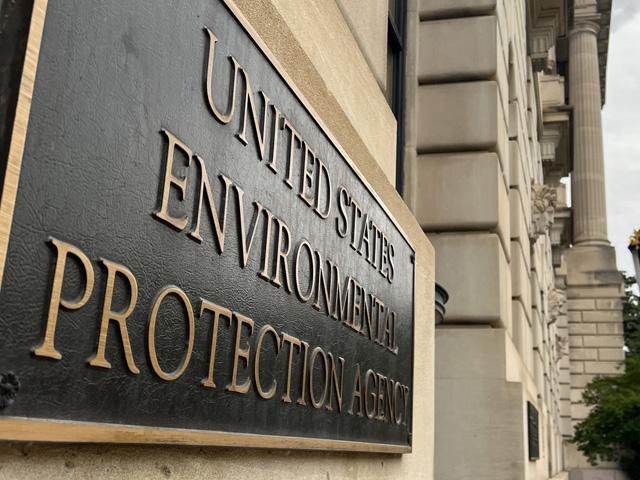Ethanol Blog
Iowa, Nebraska Attorneys General to Sue EPA on Delay on E15 Rule Unless Effective Date Moved Up
LINCOLN, Neb. (DTN) – The attorneys general of Nebraska and Iowa announced their intent to sue the EPA on its proposed E15 rule for eight states, in a certified letter delivered to EPA Administrator Michael Regan on Monday.
The states asked the agency to change the effective date of the rule from 2024 to 2023 or face a lawsuit. The attorneys general are giving EPA 60 days to respond.
Last week the Biden administration approved the petition from eight states to make permanent year-round E15 sales in their states – effective in 2024. The agency still has yet to approve year-round E15 sales for the upcoming driving season that starts in June.
Effectively, E15 sales will not be permitted across the country beginning in June unless the EPA or Congress acts.
The proposal is up for a public comment period and covers eight of nine states' petitions, including Illinois, Iowa, Minnesota, Missouri, Nebraska, Ohio, South Dakota and Wisconsin. North Dakota was the lone state that petitioned the agency and did not receive approval.
Nebraska Attorney General Mike Hilgers and Iowa Attorney General Brenna Bird asked Regan on Monday to change course on the proposed rule.
"The administrator's delay in acting on such a request and the proposed further delay in implementation constitute arbitrary and capricious action, violate the statutory text, and are in effect a constructive denial of the waiver the governors requested," the attorneys general said in the letter.
"Iowa and Nebraska notify the EPA that they reserve the right to sue to seek injunctive relief, and all other relief authorized by law."
P[L1] D[0x0] M[300x250] OOP[F] ADUNIT[] T[]
On April 28, 2022, Nebraska Gov. Pete Ricketts and Iowa Gov. Kim Reynolds formally notified the EPA of their request to change the Clean Air Act to allow year-round E15 in their states.
By law, EPA is required to promulgate a rule in response within 90 days. The EPA's rule was released a full seven months late.
"Yet after taking almost a year to respond to the governors' requests, the proposed rule has as an effective date April 28, 2024 -- exactly two years from when the first request was sent," the letter said.
"Indeed, there is no guarantee even then that the proposed rule will go into effect, as the EPA has received and solicited additional petitions from stakeholders requesting further extension. The undue delay has led now to an even further delay of implementation. Without emergency action or a lawsuit, the RVP waiver will remain in effect throughout the 2023 summer driving season. EPA's delay and inaction is, in effect, a constructive denial."
The attorneys general said the agency's "failure to perform these mandatory, non-discretionary duties in a timely manner" violates the Clean Air Act.
"The administrator's action in granting the governors' request is proper and required by the statute, but the one-year delay stands to harm air quality," the letter said.
"It also creates uncertainty and confusion in the marketplace, and left unaddressed, will result in increased emissions and higher fuel prices for consumers. At best, this delay is arbitrary and capricious, at worst it is plainly unlawful."
EPA said in its proposed rule released last week that the delay in implementing the rule in 2024 was made based on a finding of "insufficient supply of gasoline."
"EPA's finding elides an uncomfortable fact -- for much of the year, the infrastructure EPA frets will struggle to comply with the waiver handles gasoline at the RVP levels the waiver will allow," the letter said.
"Indeed, EPA itself acknowledges that it is 'highly likely that refineries that supply gasoline' to petitioning states will 'adjust their refinery processes to reduce the RVP of their CBOB (conventional gasoline before oxygenate blending).'"
The EPA gave three reasons for the finding: already low gasoline inventories; the need for early coordination between various parties to make the necessary physical changes to the gasoline production and distribution infrastructure; and the loss of gasoline supply to produce more E15.
"To the extent there are real production, distribution, retail, and other problems as raised by EPA, those are problems of EPA's own creation," the letter said.
"Had EPA responded as required in the 90-day window, there would be no need for the delay to accommodate the infrastructure necessary for an April 2023 waiver. Therefore, the states of Iowa and Nebraska urge EPA to change the effective date of the regulations in the covered states to April 28, 2023. If EPA believes it is not able to comply with the Clean Air Act and promulgate the timely regulations, we demand that EPA issue temporary emergency declarations for the 2023 high-ozone season to bridge the gap until the waiver takes place."
Read more on DTN:
"Biden Approves State E15 Requests," https://www.dtnpf.com/…
Todd Neeley can be reached at todd.neeley@dtn.com
Follow him on Twitter @DTNeeley
(c) Copyright 2023 DTN, LLC. All rights reserved.






Comments
To comment, please Log In or Join our Community .